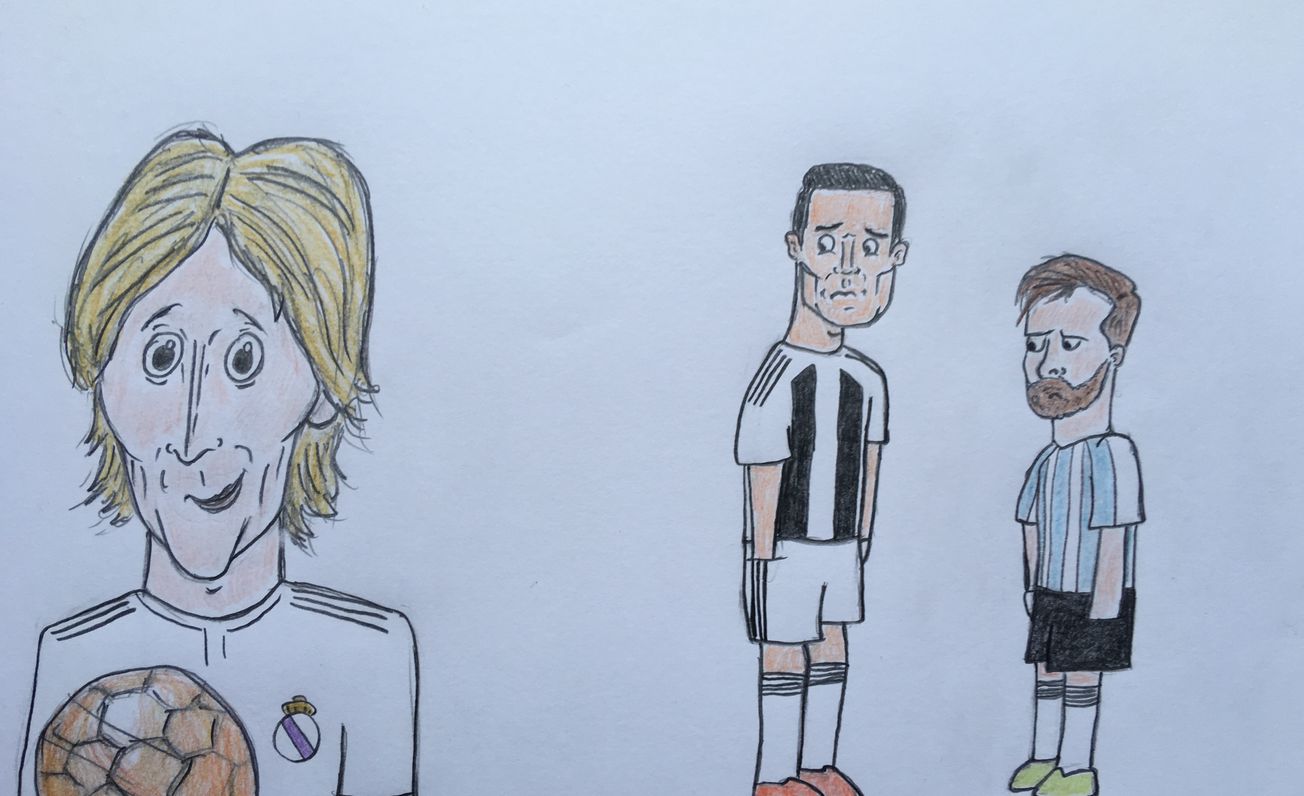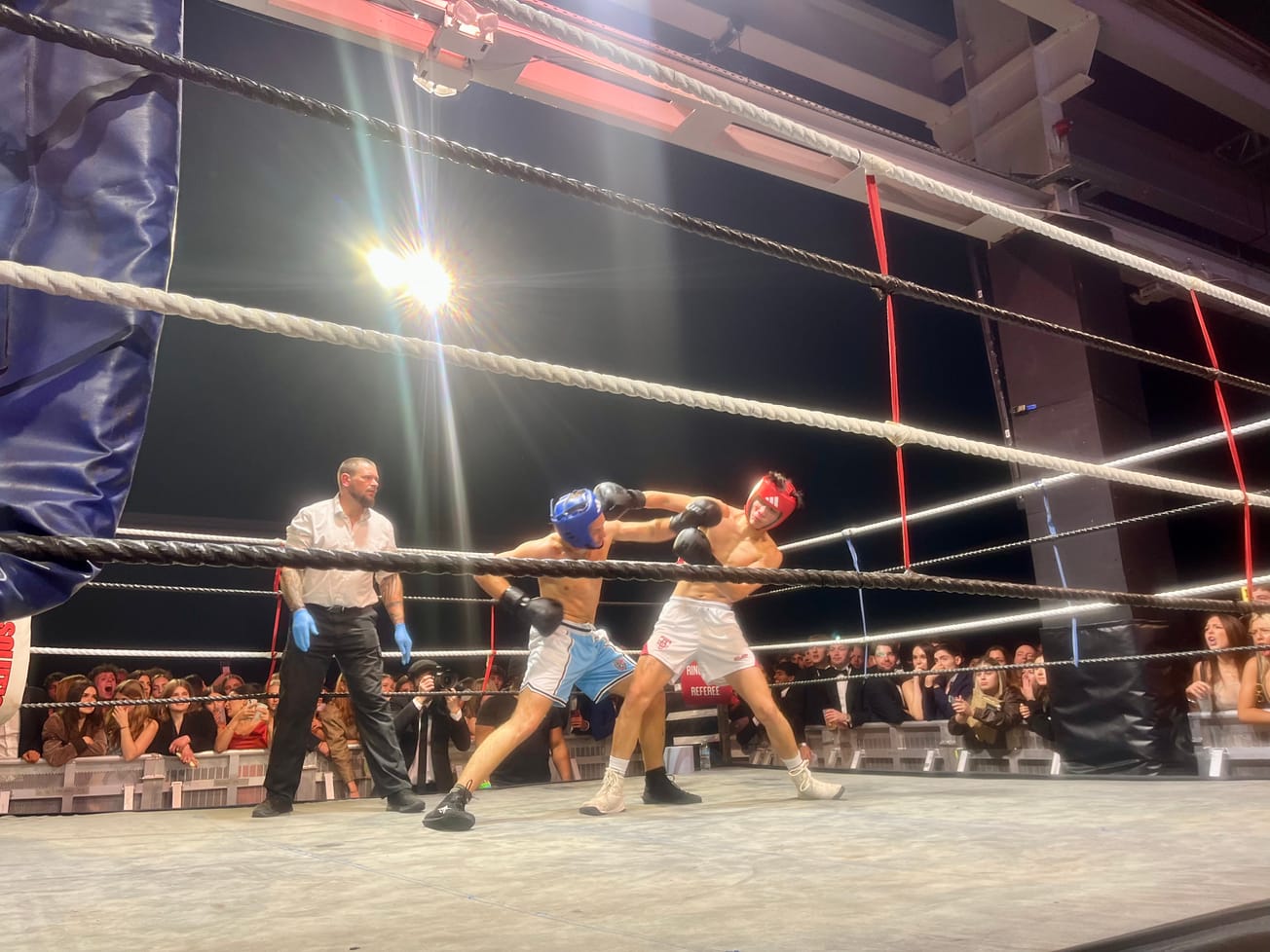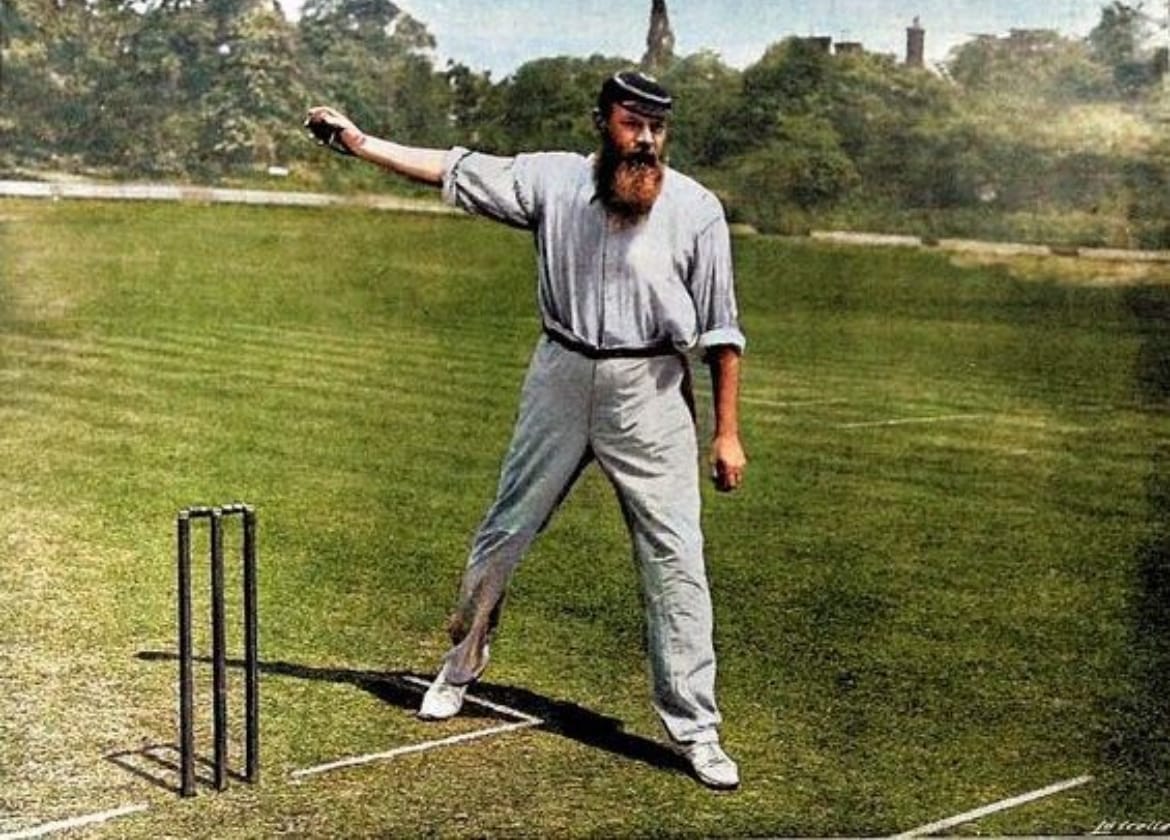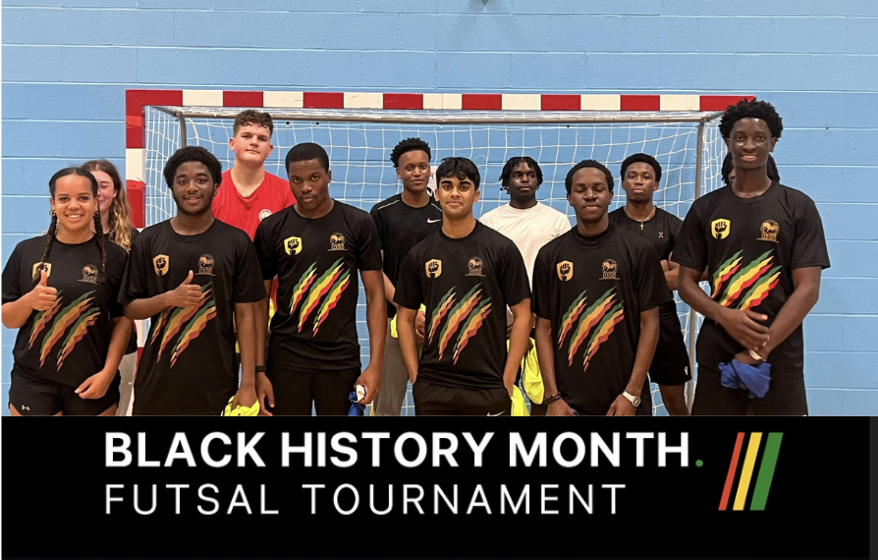By David Thirkeld, third year History student
The 2018 Ballon d’Or awards was the 63rd edition of the annual award ceremony which purportedly recognises the best footballer on the planet each calendar year, and the occasion was notable for several reasons last week.
The Ballon d’Or Feminin, awarded to the best female footballer, and the Kopa Trophy, awarded to the best male under-21 footballer, were introduced. In addition, newspaper headlines were dominated by the wholly inappropriate and unacceptable comments of presenter and DJ Martin Solveig, who asked award-winner Ada Hegerberg if she knew ‘how to twerk’, much to her, and the crowd’s, puzzlement and shock.
Controversy at the Women's Ballon d'Or ceremony shows that "casual sexism still exists" in sport.
— BBC Sport (@BBCSport) December 4, 2018
👉 https://t.co/qa17U4ebZk pic.twitter.com/Ht27AoC7Wf
In footballing terms, the novelty of the show was that neither Messi nor Ronaldo won the award for the first time in a decade. Remarkably this was not a close contest either as Modric ran away with the votes, gaining 259 more than Ronaldo, in second-place, and a further 455 above Messi, in fifth-place.
Yes, that’s right…Lionel Messi’s exploits in 2018 saw him rank behind each of Modric, Ronaldo, Griezmann and Mbappe. Although, Ronaldo’s entourage were more aghast than the Argentine’s at how the awards played out.
Having reacted with vitriol to recent snubs over the Best FIFA Men’s Player and UEFA Men’s Player of the Year awards, perhaps this shouldn’t come as a surprise. Cristiano’s sister, Elma, reacted angrily suggesting that ‘the mafia’ were to be blamed for the Juventus star being overlooked.
Ronaldo’s older sister Katia also contributed, writing on Instagram that Cristiano was the ‘best player in the world…for those who understand football of course.’ But is there some truth to these comments? Is the Ballon d’Or no longer a credible means by which to judge the world’s greatest football player?
It does seem likely that Ronaldo and Messi were subject to their own lofty standards. Lionel Messi was responsible for the most goals (33), assists (12), shots (192), chances created (84) and successful dribbles (174) in La Liga in 2017/18, ending the calendar year with 41 goals for his club.
Lionel Messi's placing in the Ballon d'Or vote has been described as 'absurd'.https://t.co/Vtt9S8gy1a pic.twitter.com/Gx5idoF4so
— BBC Sport (@BBCSport) December 4, 2018
It was no mere coincidence that Barcelona’s undefeated season came to an end at lowly Leganes when Messi was benched; the squad without him were chaotic.
Ronaldo also enjoyed a scintillating campaign. He managed a remarkable 17 goals in the Champions League last season. So too was he a presence in the league marking up 26 goals to bring his annual tally to 39 goals in 40 games for Real and Juventus.
Of course, stats don’t tell the whole story in football. Modric was undeniably both a key player in Real Madrid’s champions league success and Croatia’s world cup campaign despite contributing little via assists and goals.
Yet, neither Iniesta nor Sneijder won the 2010/11 Ballon D’Or despite being, arguably, more pivotal midfielders for their sides that year. Iniesta scored the winning goal of the world cup final for Spain in South Africa in 2010, earning the accolade of Man of the Match for his performance.
Sneijder performed impressively also, winning the treble with Inter, being named Man of the Match in the Champions League final and reaching the World Cup final with the Netherlands.
The process of the voting for the Ballon d’Or entails national team captains, national team coaches and journalists choosing their top 3 players of the year from an initial long-list drawn up by FIFA football experts and the Amaury Sports media group.
These votes are meant to be based on the players individual and collective performances throughout the year, the players class (talent and fair play), and the players career. Judging by these criteria either of the Spaniard or Dutchman seem worthy if Modric was.
So, what did Modric have that these midfield maestros didn’t? He had a combination of several things all at the right time. He reached the World Cup final and won the Champions League final, both deemed critical achievements in past awards; he isn’t Messi or Ronaldo; he isn’t a forward; and he had a backstory to rival all others.
#BallonDOr ❤️ pic.twitter.com/TMBn4GU9wE
— Luka Modrić (@lukamodric10) December 4, 2018
This was a tantalising proposition for those who wished to shake the awards up. It offered the panacea to all the criticisms aimed at the awards previously.
Modric’s story is a rags-to-riches narrative with the cherry on top. As a young boy of six he was forced to flee his small hamlet in the Velebit mountains as Serbian forces fast approached.
Having fled south along the coast he and his family took up status as refugees in Zadar. It was here that his talent was spotted in the humble dwellings of a hotel carpark and his rise to success began.
That Modric climbed the ranks from Dinamo Zagreb to Madrid considering this upbringing is a momentous feat, especially considering he was named the 2nd worst La Liga signing of the season behind Alex Song in 2012.
But don’t be convinced by the press’ attempts to name Modric the deserved winner. Ronaldo and Messi remain unmatched in their ability as the world’s greatest footballers of their generation whether they have won ten Ballon d’Ors or none.
This should not serve to undermine Modric’s success on the field in 2018. Modest, composed, a vital cog in the machine of Real Madrid, he has earned his plaudits. However, this year’s awards have made Player of the Year titles entirely defunct.
Featured image by Henry Edwards
Did Modric deserve the accolade? Was Messi's relegation to 5th justifiable? Let us know what you think!









